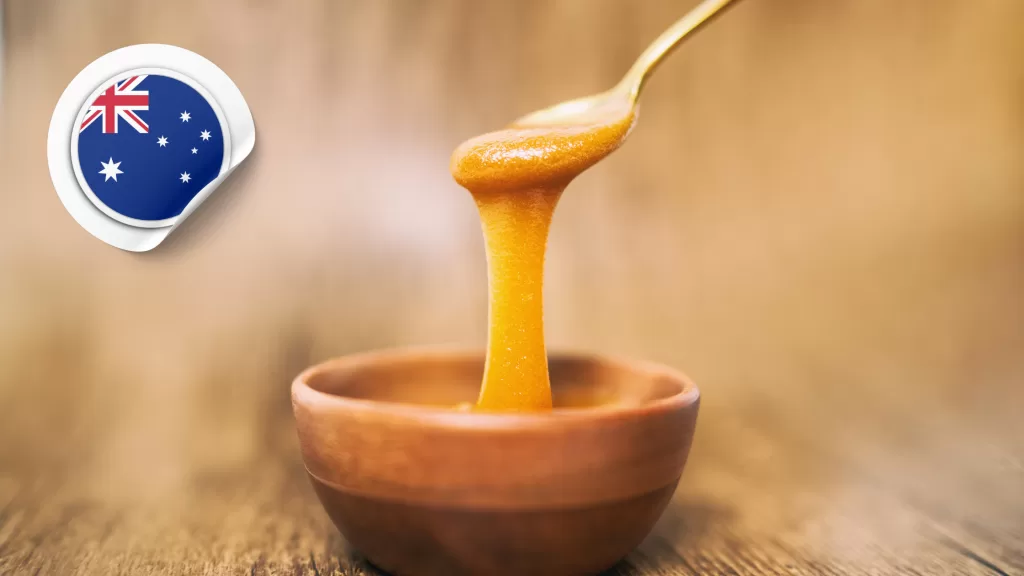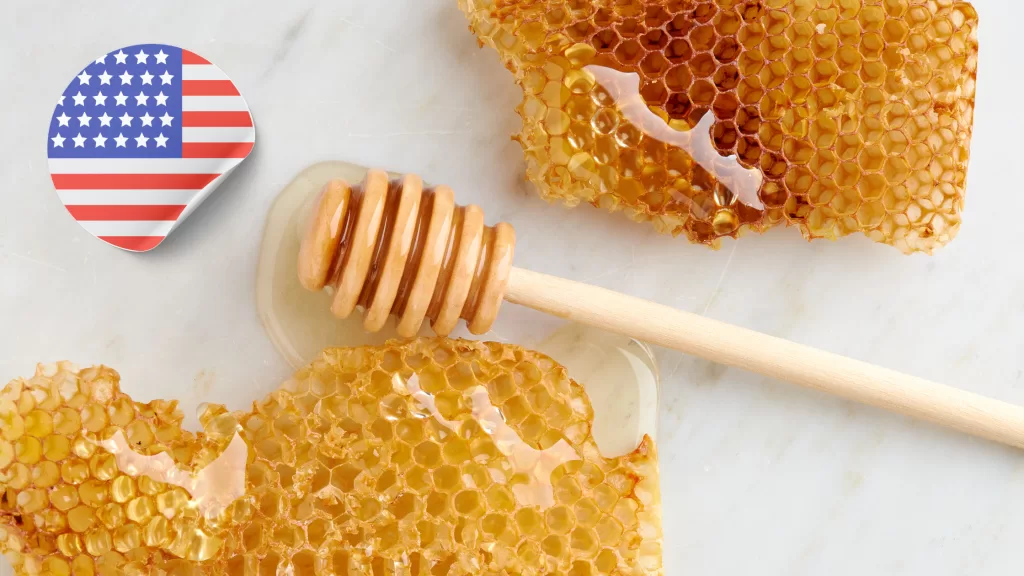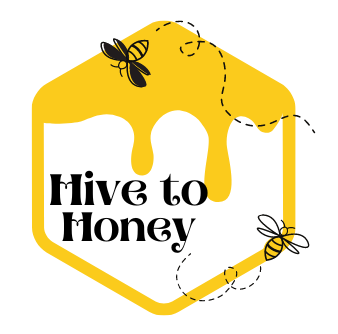Propolis and its benefits
Propolis: Nature's Healing Treasure and Its Remarkable Benefits
Propolis is a remarkable substance produced by honeybees, known for its medicinal properties and diverse health benefits. With a rich history dating back centuries, propolis has been revered for its healing properties in various cultures worldwide. In this article, we will explore the fascinating world of propolis, its composition, and the wide range of benefits it offers for human health and well-being.
Propolis and its benefits:
Propolis is a resinous substance created by honeybees from the sap of tree buds, flowers, and other botanical sources. Bees collect the resin and blend it with wax, pollen, enzymes, and their own secretions to create propolis. The exact composition of propolis can vary depending on the geographic location and the specific plants from which it is sourced.
Propolis is renowned for its powerful antimicrobial and antiviral properties. It contains a wide array of bioactive compounds, including flavonoids, phenolic acids, and terpenes, which contribute to its antimicrobial activity. Propolis has demonstrated effectiveness against various bacteria, fungi, and viruses, making it a valuable natural alternative for supporting immune health and combating microbial infections.
The anti-inflammatory properties of propolis have been well-documented. It can help reduce inflammation and promote the healing of wounds, cuts, and burns. Propolis supports tissue regeneration and collagen synthesis, aiding in the repair process and minimizing scarring. Its antimicrobial properties also help protect wounds from infection.
Propolis has immunomodulatory effects, meaning it can help regulate and balance the immune system. It stimulates immune cells, enhances their activity, and supports the body’s defense mechanisms. By promoting a healthy immune response, propolis may assist in preventing and managing various immune-related conditions.
Propolis exhibits potent antioxidant activity due to its high content of flavonoids and phenolic compounds. Antioxidants help neutralize harmful free radicals in the body, which can contribute to aging and disease. By scavenging free radicals, propolis offers protection against oxidative stress and helps maintain cellular health.
Propolis is widely recognized for its oral health benefits. It has antimicrobial properties that can help combat oral bacteria and prevent dental plaque formation. Propolis-based oral care products, such as mouthwashes and toothpaste, can promote gum health, reduce inflammation, and contribute to overall oral hygiene.
Emerging research suggests that propolis may have potential anti-cancer properties. Several studies have demonstrated its ability to inhibit the growth of cancer cells and induce apoptosis (programmed cell death) in certain cancer types. However, more research is needed to fully understand its mechanisms and potential applications in cancer treatment.
Propolis has been utilized in various traditional and alternative medicine practices for its diverse benefits. It is used in natural skincare products for its antimicrobial and skin-soothing properties. Propolis tinctures, capsules, and extracts are available as dietary supplements to support overall health and well-being.
Propolis, with its impressive array of bioactive compounds and health-promoting properties, stands as a testament to the remarkable ingenuity of honey bees. From its antimicrobial and anti-inflammatory effects to its potential immunomodulatory and antioxidant activities, propolis offers a myriad of benefits for human health and well-being. As we continue to unlock the secrets of this natural treasure, propolis holds promise as a valuable tool in supporting our overall health and resilience.
More From The Hive:

A Comprehensive Guide to Australian Honey: Types, Production, and Benefits
Australia is home to some of the world’s finest honey, known for its unique flavors, exceptional quality, and health benefits. Thanks to its diverse flora and pristine natural environment, Australia produces honey that reflects the rich biodiversity of its landscapes. Whether it’s the famous Manuka honey from the Leptospermum trees

An In-Depth Guide to Honey in the United States of America (USA): Types, Production, and Benefits
Honey, one of nature’s sweetest treasures, has been an integral part of human diets and cultures for thousands of years. In the United States of America (USA), honey production is not only a thriving industry but also a testament to the country’s diverse ecosystems. From the tropical blossoms of Florida

The Small Honey Bee (Apis florea): A Comprehensive Guide to One of Nature’s Tiny Pollinators
The Small Honey Bee, scientifically known as Apis florea, is one of the lesser-known species of honey bees, yet it plays a vital role in the ecosystems of Asia and parts of the Middle East. Despite its size, the Apis florea bee is a remarkable pollinator, and its unique biology

Exploring the Sweet Diversity of Canadian Honey: A Guide to Types and Flavors
Canada is home to a rich tapestry of landscapes and climates, each contributing to the unique flavors and types of honey produced across the country. From the prairies of Alberta to the forests of British Columbia, Canadian honey reflects the diverse flora that bees visit. In this blog, we will

The Rock Honey Bee (Apis laboriosa): Guardians of the Himalayan Honey
The Rock Honey Bee (Apis laboriosa) is an awe-inspiring species that thrives in the rugged landscapes of the Himalayas, where it builds massive nests on vertical cliffs. Known for producing highly prized wild honey and for its ability to endure extreme mountain conditions, this bee species has captivated researchers, beekeepers,

The Giant Honey Bee (Apis dorsata): Nature’s Fearless Honey Maker
The Giant Honey Bee, scientifically known as Apis dorsata, is a remarkable species native to South and Southeast Asia. Known for its impressive size, bold temperament, and incredible honey-producing capabilities, this bee plays a crucial role in the ecosystem and supports human livelihoods. Despite its importance, the Giant Honey Bee
